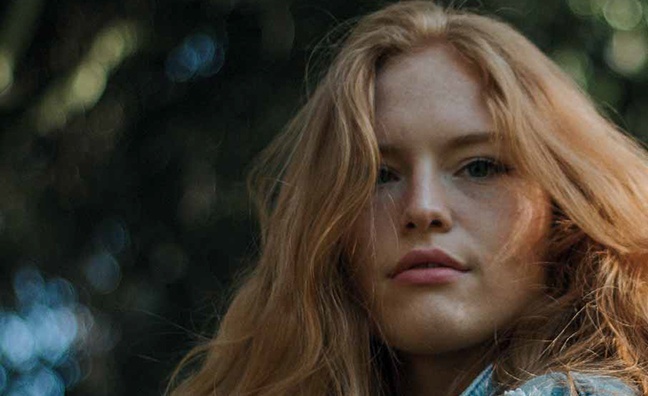As Taylor Swift notes on her big comeback tune: “I’m the only one of me, And baby that’s the fun of me”. That's not something being said in too many songwriting sessions nowadays.
Swift, of course, has always maintained her unique voice, even when writing songs with others. But for other artists, that can be more of a struggle, as co-writing credits continual to spiral in the pursuit of those elusive streaming smashes.
Music Week’s annual survey of the number of writers on the UK’s biggest hits, revealed in this week's special Hitmakers print edition, shows that 5.34 is now the magic number needed to score one of the biggest singles of the year. More pertinently, the higher up the chart you go, the more writers you need: the Top 30 hits were written by an average of 6.7 people, too many to fit in a cab home after the session.
Both those numbers are up sharply on last year, but there are signs 2019 might finally see that trend going into reverse. True, there were only three 100% songs on the 2018 chart – Ed Sheeran's Perfect, Dennis Lloyd's Nevermind and Freya Ridings' (pictured) Lost Without You. And some songs boasted sky high numbers of credited writers: Anne-Marie's 2002 names 18; Drake's Nice For What 22; and Travis Scott's sample-heavy Sicko Mode no less than 30. That's enough for two rugby teams, FYI.
Some songs boasted sky high numbers of credited writers: Anne-Marie's 2002 names 18; Drake's Nice For What 22; and Travis Scott's sample-heavy Sicko Mode no less than 30
But a new breed of writer-artists, from Ridings to George Ezra, Billie Eilish to Tom Walker, are also showing that you can have success with songs created by just one or two people.
None of those artists fit the generic pop template, which may be why their work is connecting with people on a level beyond a single hit. It remains the dream for every label to break artists rather than just songs, so you do wonder why quite so many resources sometimes get dedicated to diluting those artists’ vision. Throw in the proliferation of featured artists and it gets ever harder to cut through the noise.
Furthermore, the way streaming playlists function often seems to make hits converge to similar sonic templates, whether consciously or sub-consciously. The trend towards more distinctive UK solo voices has surely been born out of a desire for less cookie-cutter pop music, and, significantly, seems more driven by radio – still willing to take a chance on an artist – rather than the DSPs.
After all, in a business where standing out has never been more important, why choose to get lost in a crowd? You’re the only one of you. And while that’s the fun of you, it might also be the key to your success.
* To read Music Week's full, exclusive analysis of this year's co-writing numbers, see this week's special print edition, available now, or click here. To subscribe and never miss a vital music biz story, click here.









